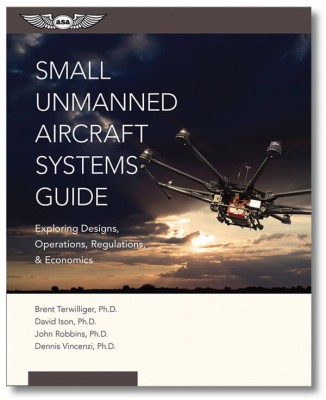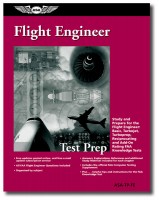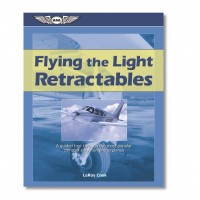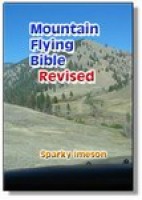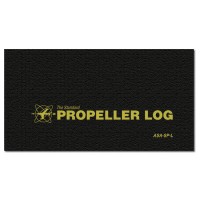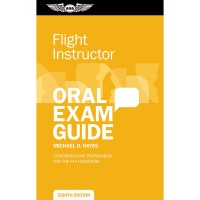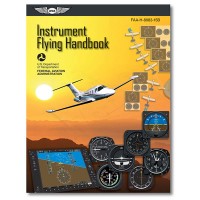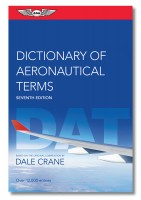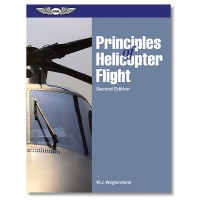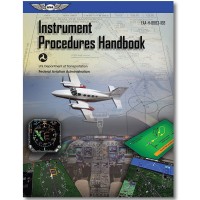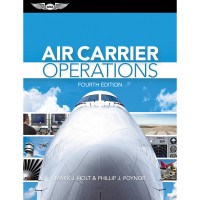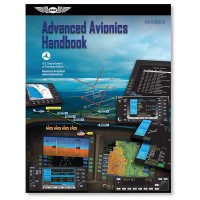Aircraft Spruce Canada
Brantford, ON Canada
Corona, CA | Peachtree City, GA
Chicago, IL | Wasilla, AK
ASA Small Unmanned Aircraft Systems Guide
 eBook EB
eBook EB eBook PD
eBook PDOverview
|
Exploring designs, operations, regulations, and economics of small unmanned aircraft systems. The utility and benefits of small unmanned aircraft systems (sUAS) are being increasingly recognized across the aviation industry. While this technology is not new, its ability to support domestic public and private operators is becoming better understood, opening up new uses to government organizations and commercial enterprise. Small UAS are expected to become the most prevalent and affordable form of unmanned aircraft available, with applications for both business and recreation ranging from hobby model aircraft communities to defense contracting. Beginning with the history and evolution of UAS, this book covers typical sUAS designs (including types of multirotor, fixed-wing, and hybrid), major elements and equipment, related technology, common uses, and safety practices, while also providing guidance and resources to help you make well-informed decisions regarding purchase and use and determine a path forward through the complex legal, business, operational, and support considerations. Whether using sUAS to address a business need or for recreation, this text provides you with the knowledge to acquire necessary certification approvals, evaluate and purchase an sUAS, and operate in a safe, efficient, and effective manner. Written for experienced aviators as well as those new to aviation and operating in the National Airspace System, the easy-to-read format features 230 illustrations, a list of abbreviations, and index. The authors’ experience and insight into the technical, operational, and regulatory considerations will assist you in shaping your own strategy for use of this (r)evolutionary technology. |
Specifications
- Authors: Brent Terwilliger, David Ison, John Robbins, Dennis Vincenzi
- ISBN: 978-1-61954-394-2
- Dimensions: 7-1/4" x 9"
- Page Count: 288 pages
- Illustrations: Color throughout
- Weight: 1.3 lbs
- eBundle / eBook
- ASA eBooks are for one person's use and can be read on up to five devices total using e-reader applications that are compatible with an Adobe ID. To read eBooks on more than one device, the e-reader applications on those devices must be authorized with your Adobe ID.
- To create an Adobe ID, or to recover lost or forgotten ID information like your login or password, (Click Here)
Version Types
eBook PD - A protected document that looks identical to its print book counterpart. Exact formatting and layout of the print books is maintained (text, images, margins, page breaks, etc.). Displays best on 10-inch or larger screens. Not recommended for small screens (phones) which require you to zoom in and pan around to see the full page. This document is not a .pdf file type. It is a .acsm file type. See http://asa2fly.com/use-ebooks for more details on how to setup your device.
Softcover Book - Printed book with heavyweight cover stock.
eBook EB - A protected document designed for reflowable content. Also referred to as an ePub or "Electronic Publication" format. Easily viewed on both small and large screens. Text, images, and pages will adapt or reflow to fit the screen size of the device, so zooming is not necessary to read. Text size can be adjusted in an ebook reader app. Visit http://asa2fly.com/use-ebooks for more details on how to setup your device.
eBundle - Includes both the print book and eBook PD.
Q&A
Please note, Aircraft Spruce Canada's personnel are not certified aircraft mechanics and can only provide general support and ideas, which should not be relied upon or implemented in lieu of consulting an A&P or other qualified technician. Aircraft Spruce Canada assumes no responsibility or liability for any issue or problem which may arise from any repair, modification or other work done from this knowledge base. Any product eligibility information provided here is based on general application guides and we recommend always referring to your specific aircraft parts manual, the parts manufacturer or consulting with a qualified mechanic.

 Aircraft Spruce Canada
Aircraft Spruce Canada
